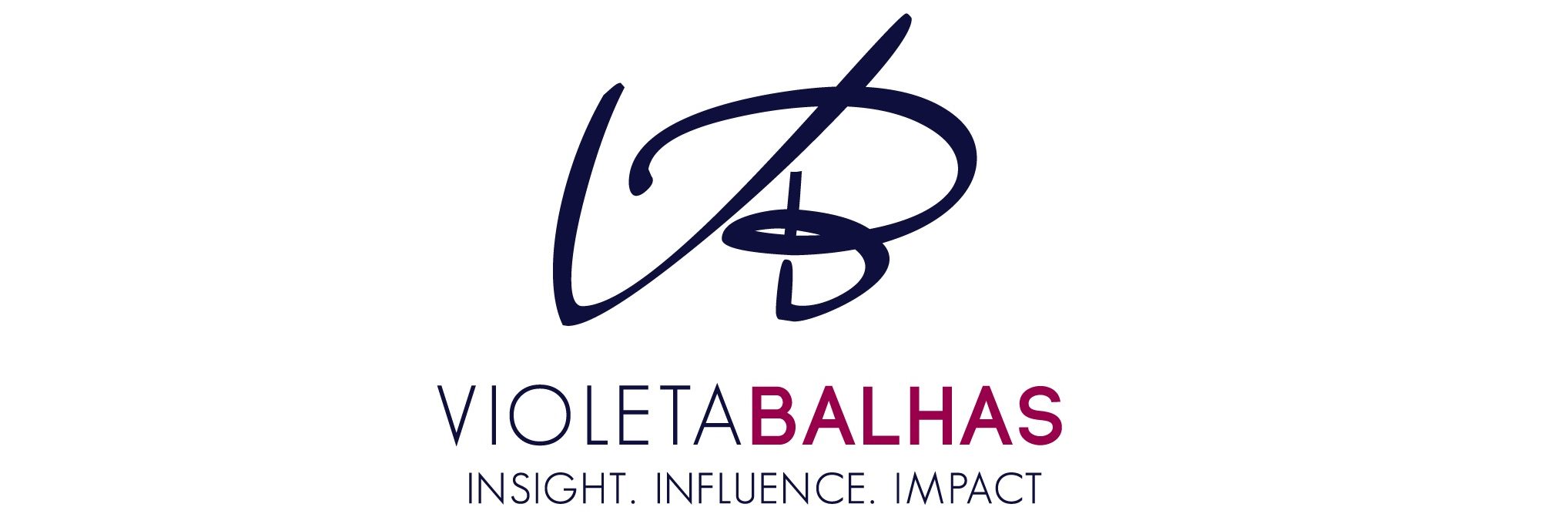OK, I’m back. Did you miss me? No? Good. Why? Read on.
January blogs and posts are normally variants on “It’s a brand new start!” or “Make the new year your best year yet!” There’s nothing wrong with these – goodness knows I’ve done them before, albeit with a twist – but after being away, I’ve been thinking about being away, absent in body and mind, and most probably absent from people’s minds, and how this is a good thing.
Being dispensable is a good thing.
A good thing? Anathema!
If you are an employee – even at the highest levels of management – or if you are a business owner, I’m putting down five big ones (that’s five Chunky Kit Kats, by the way, not $5,000) that over the decades you’ve been brainwashed into believing that the secret of your success lies in being considered indispensable. People can’t do without you! They want you, you alone, and nobody else but you!
The harsh reality is that in business, nobody in this world is completely and utterly indispensable. No one wants to hear that, but there it is. We’re dispensable. You’re dispensable. Someone, somewhere, has the ability to take your place away, or to put themselves in your place. But we deny it, so entire business cultures, not just here but around the world, are constructed around the idea that we can become indispensable if we do the right things. Work harder. Work longer. Be better. Give more. Except, of course, that it doesn’t work.
So how can embracing the idea that we are indispensable be a good thing?
Simple. There is a massive difference between being considered dispensable, and considering yourself indispensable.
Knowing that you are considered dispensable can be crippling*. But considering yourself dispensable is liberating.
When you consider yourself dispensable, you suddenly feel free, and you become a lot more generous, too. A weight is off your shoulders (“Who else is going to do this if I don’t?”), and the idea that you could be gone any minute leaves you free to share of your knowledge and resources so that people could hypothetically step in.
When I was working as a trainer, I liked to tell my colleagues that I ran my training in such a way that should I happen to drop dead in the middle of a training session, one of them would be able to step in (after ringing 000, natch), look at my lesson plan, my notes, and my resources, and pick up where I left off. What this translated to, in a practical way, was being organised, transparent, and generous with what I have both in my brain and in the way of tangible resources. As it so happens, this week I heard of exactly this situation, where the teacher died, quite suddenly. Except that he had kept the material so close to his chest that no one can effectively take over from him. Dozens of his students left in the lurch, and possibly worse still, no one to carry on his work, his legacy gone before it could even exist.
When you consider yourself dispensable, you begin to truly care about the work itself, rather than your fragile ego. You concentrate on what matters rather than on playing games or climbing ladders, or on relationships that are based on suspicion rather than interdependence and trust. You share. You delegate to people who would love the opportunity to do some of what you do.
Because of all this, when you consider yourself dispensable, you’re not insecure. In fact, you’re more confident than ever: you know that the people around you, your clients and customers, the people who manage you, keep you in that position not because they have to, but because they choose to. And that is the most powerful position of all.
So the more you consider yourself dispensable, the more indispensable you seem to others. Funny, isn’t it?
You take a break from work or business and you know that everything’s going to be all right. That’s why I’m glad you didn’t miss me, and you had other stuff to be getting on with. And that’s why I hope you think you’re dispensable, too.
___________________
*Note: retrenchments, downsizings, and copies of “Who Moved My Cheese?” aside, it’s not always crippling, if wisely done. A friend, whose son is being headhunted by soccer sleuths in Europe, has told me that the young soccer players in the training programs are eminently well behaved and responsible, and unlikely to go on drug- and alcohol-fuelled benders. They are well aware that for every one of them, there are hundreds if not thousands of other equally talented players out there, waiting to be discovered and take their place.

